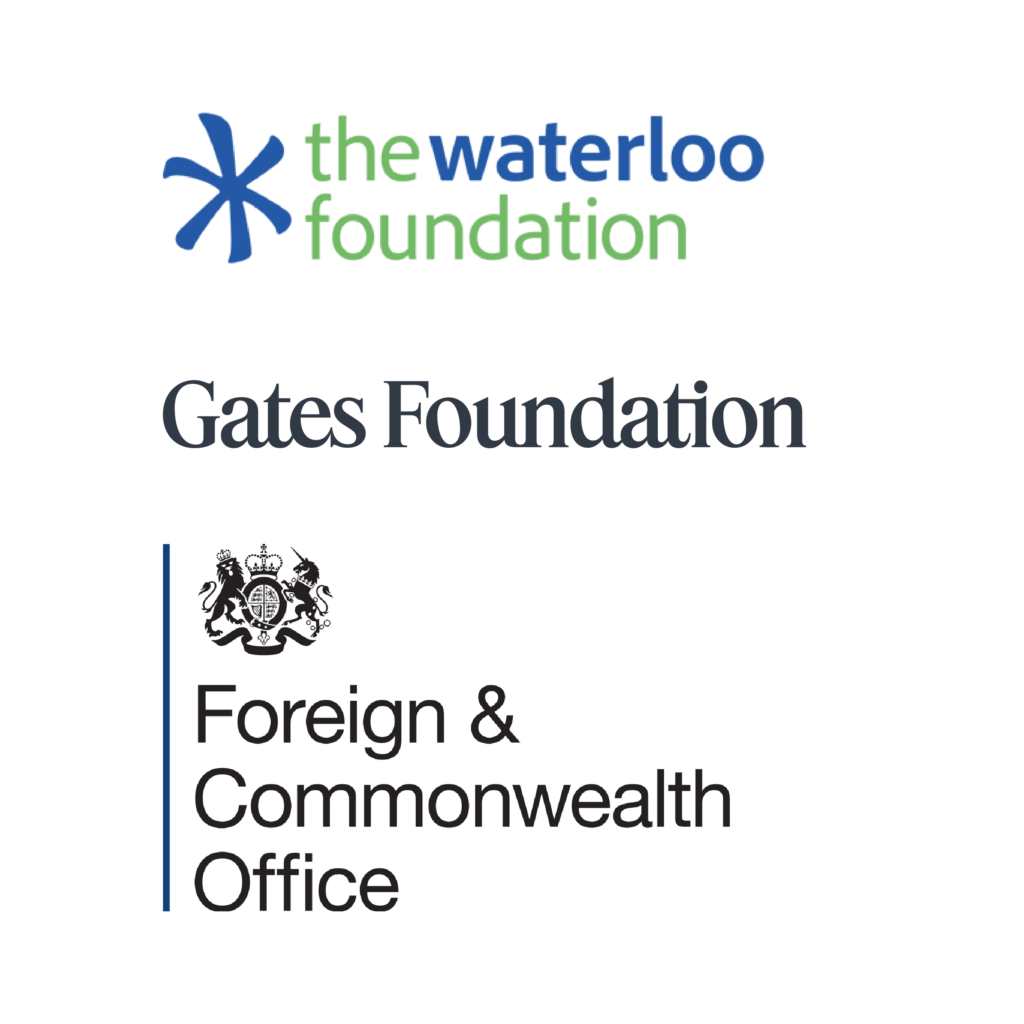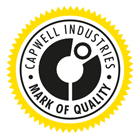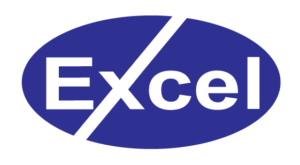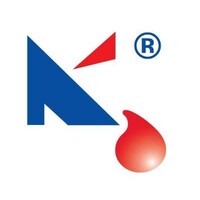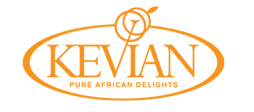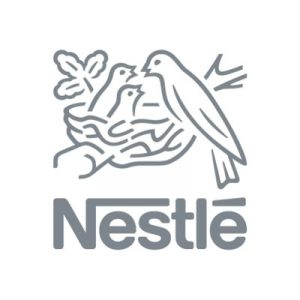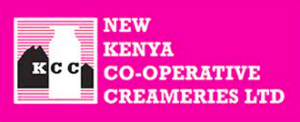
Kenya Market Assessment 2025
The first independent assessment of the healthiness of the product portfolios of 30 major food and beverage (F&B) companies in Kenya.
The food industry in Kenya stands at a pivotal crossroads. Embracing nutrition is no longer optional but essential. A confluence of related trends—including the proliferation of modern food retail outlets—has led to increased consumption of unhealthy processed packaged foods. Between 2017 and 2023, sales of (ultra-)processed packaged foods grew by 16%.
This shift is contributing to rising obesity and non-communicable diseases (NCDs): adult obesity has tripled since 2000. At the same time, undernutrition and micronutrient deficiencies persist, with 79% of Kenyans unable to afford a healthy diet.
To address these challenges, the Government of Kenya has introduced key policies, including mandatory food fortification and plans for front-of-pack (FOP) nutrition warning labels based on the new Kenya Nutrient Profiling Model (KNPM).
ATNi (Access to Nutrition initiative) conducted Kenya’s first independent assessment of the nutritional quality of packaged foods and beverages sold by 30 major companies—representing 57% of the formal market. This assessment sheds light on the nutrition commitments and practices of Kenya’s largest food and beverage manufacturers. This data can be used by industry, policy makers and investors to improve the healthiness of Kenya’s food environment.
Using four nutrient profiling models (NPMs), the KNPM plus three others —the Health Star Rating (HSR), the modified HSR plus micronutrients (mHSR+), the World Health Organization’s Africa Regional Office (WHO AFRO) model—746 products were analyzed. Additionally, the policies of 12 top companies were evaluated using a Kenya-adapted version of ATNi’s Global Index methodology.
Company Performance
This interactive dashboard shows each company’s performance by category. It presents product profile results for the overall portfolio and for specific product categories, along with findings from the corporate profile assessment’s thematic areas. Use the controls in the bottom right corner to zoom in.
Key Findings
More food and beverage companies in Kenya are increasingly prioritising nutrition. However, Kenyan, African, and globally headquartered companies still have room for improvement—particularly in increasing access to nutritious and affordable products, and in enhancing transparency and reporting.
Product Healthiness
Product Profile:
- Overall healthiness is low across 30 companies, with substantial variation between companies: only 33% of 746 products meet the ‘healthy’ threshold under HSR (≥3.5 stars), rising to 38% when weighted by sales. Incorporating micronutrients (mHSR+) increases these figures to 36% and 42% respectively.
- WHO AFRO flags just 14% of products (23% sales-weighted) are eligible to be marketed to children.
- 10% (15% sales-weighted) “pass” the Kenyan NPM, meaning that would not require one or more warning labels.
Read more here
Portfolio Improvement: Macronutrients & Food Components
- Only Flora FG and Nestlé were found to have reformulation targets addressing nutrients of concern.
- No Kenya-headquartered company assessed published formal reformulation strategies or targets.
Portfolio Improvement: Micronutrients & Fortification
- Seven out of 12 assessed companies fortify their products (e.g., Bidco and Kapa Oil fortify edible oils with vitamins A & D; Capwell fortifies maize and wheat flour), in line with Kenyan regulations.
- Only Flora FG was found to have a public global commitment to fortify only ‘healthy’ products based on their own criteria, and to fortify in line with Codex and WHO/FAO guidelines.
-
Product Profile: Among the 746 products assessed, 140 (19%) were fortified, including 120 (11%) that were voluntarily fortified. Only 32% of fortified products meet the HSR ‘healthy’ threshold.
Reporting on Healthiness
- Only Flora FG and Nestlé were found to report using a NPM to assess product healthiness, though not specifically for Kenya.
- No Kenya-headquartered company has published whether they used an NPM or are planning to adopt the KNPM for reporting on product healthiness.
Influencing Consumers
Responsible Labelling
- Back-of-pack (BOP) labelling is regulated in Kenya, therefore it was not assessed in this assessment.
- No company was found to commit to using health or nutrition claims only on products that meet specific nutrition criteria (e.g. passing an NPM).
- No company has committed to implementing front-of-pack (FOP) labelling in Kenya.
- The Ministry of Health (MoH) recently introduced the KNPM, which includes criteria for a mandatory FOP warning label.
- Product Profile: 90% of products assessed using the KNPM would require an FOP warning label under proposed regulations.
Responsible Marketing
- Coca-Cola, Flora FG, and Nestlé have global commitments on responsible marketing to children, but they do not report on the implementation of these policies in Kenya.
- None of the Kenya-headquartered companies assessed were found to have any commitments to restrict marketing of ”less healthy” products to children.
- Product Profile: Only 14% of products assessed were eligible to be marketed to children (using the WHO AFRO model).
Affordable Nutrition
- Bidco, New KCC, and Capwell were found to market their products as affordable, healthy or nutritious. However, they had not published a nutrition strategy with specific criteria for defining affordability or healthiness.
- Kapa Oil reports tracking product prices relative to competitors in Kenyan supermarkets.
- Flora FG measured affordability by tracking household penetration of their products among lower-income groups in Kenya.
Corporate Governance
Nutrition Governance
- Three Kenya-headquartered companies—Brookside, Capwell, and Kevian—mention their role in providing nutritious or healthy foods on their websites.
- Other companies, such as Bidco, also markets some products as healthy.
- Global headquartered companies Coca-Cola, Flora FG, and Nestlé publish global nutrition strategies, but none report fully on how these are implemented in Kenya.
Workforce Nutrition
- Five companies—Coca-Cola, Flora FG, Kapa Oil, Kevian, and Nestlé—disclosed practices aligned with at least one pillar of workforce nutrition: healthy food at work, nutrition-focused health checks, nutrition education and breastfeeding support (including parental leave).
- Some elements, such as parental leave and proper employee feeding, are regulated by Kenyan law.
Recommendations
Manufacturers
Evaluate Product Healthiness, Marketing to Children, and Affordability in Line with National Commitments.
Food and beverage (F&B) companies operating in Kenya should assess their product portfolios using a government-endorsed nutrient profiling model (NPM), such as the Kenya Nutrient Profiling Model (KNPM), and align their practices with national nutrition goals. This includes:
- Identifying which products qualify as ‘healthier’ under the KNPM, and, for global companies, ensuring these products are equally available in the Kenyan market.
- Avoiding the marketing of ‘less healthy’ products to children by applying the WHO AFRO Region NPM standards.
- Measuring the affordability and accessibility of healthier options, especially for low-income and vulnerable populations.
Set Clear Targets for Healthier, Affordable Products and Responsible Marketing
Companies should adopt and publicly disclose measurable targets to:
- Increase the availability and sales of healthier, affordable, and fortified products, especially those aligned with national fortification mandates.
- Assign executive-level accountability for nutrition, such as CEO oversight or regular board reviews.
- Fully align marketing practices with WHO and UNICEF standards—defining children as under 18 and restricting the marketing of unhealthy products across all media platforms.
Improve Transparency on Nutrition Policies, Progress, and Quality Control
To build trust and accountability, companies should:
- Publicly report on nutrition-related policies, including progress on reformulation, sales of healthier products, and responsible marketing and labelling.
- Disclose fortification practices and ensure fortified products meet health standards through robust quality control systems.
- Include standardized micronutrient content on back-of-pack labels, in line with Kenya’s regulatory requirements.
Government and Policymakers
The Government of Kenya has demonstrated strong leadership on nutrition through revising the Kenya National Action Plan (KNAP) 2023–2027 and the development of the KNPM. To accelerate progress:
- Mandate the use of the KNPM and the recommended FOP nutrition warning labelling to drive healthier offerings by food companies and help consumers make informed choices.
- Enact and enforce regulations to protect children from exposure to unhealthy food and beverage marketing, in line with WHO and UNICEF recommendations.
- Consider other fiscal policy measures that make healthy and sustainable products the easiest and affordable options supporting a healthy food environment, including taxing unhealthy food or lower taxes for healthy foods, or establishing nutrition criteria for public procurement.
- Integrate workplace nutrition interventions into national health strategies to support employee well-being and productivity.
- Consider adopting ESG guidance which includes nutrition metrics for public food companies listed on the Nairobi Stock Exchange
Read the full recommendations in the Kenya Market Assessment Policy Brief.
Investors
- Prioritize investment in companies that demonstrate progress including transparency in nutrition-related policies, responsible marketing, and workforce nutrition initiatives. Support companies aligning with national and international nutrition standards (e.g., Codex Alimentarius, WHO/FAO) and those offering healthier product portfolios that contribute to Kenya’s public health goals.
- Use tools such as ATNi’s Investor Expectations on Nutrition, Diets, and Health to evaluate company nutrition actions and guide improvements.
- Drive progress by demanding multinational companies operating in the region apply nutrition and health standards in emerging and frontier markets that are equal to or exceed those in more mature markets.
- Leverage influence by integrating nutrition considerations into investors’ own reporting standards.
Company Result Cards
Click on the tiles below for a detailed overview of individual companies' performance and key recommendations.
Corporate Profile + Product Profile
Product Profile Only
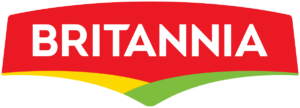
Open file
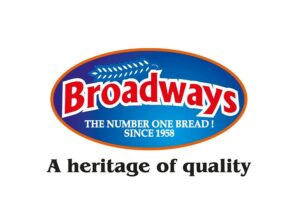
Open file
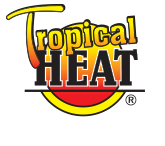
Open file
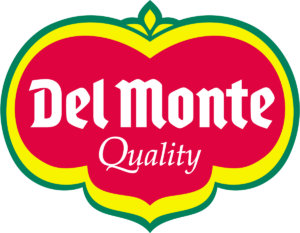
Open file
Open file
Open file

Open file

Open file
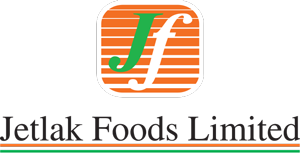
Open file
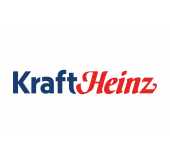
Open file

Open file
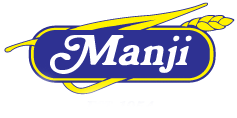
Open file
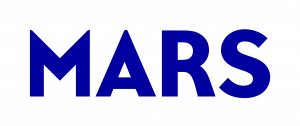
Open file
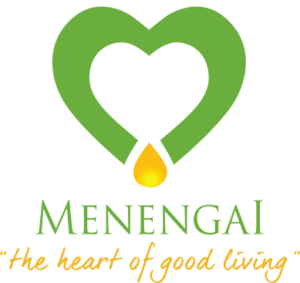
Open file
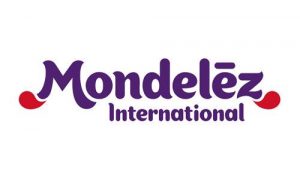
Open file
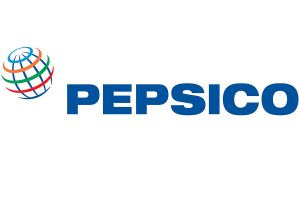
Open file
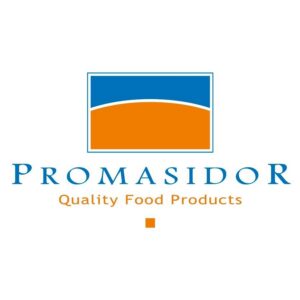
Open file
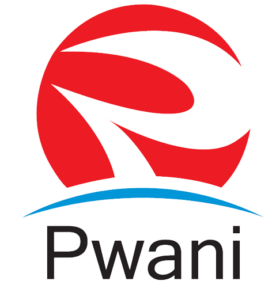
Open file
Category chapters
Comprehensive report chapters by category are available below, and you can download each one by clicking on the icon.
Open file
Open file
Open file
Open file
Open file
Open file
Open file
Open file
Open file
Open file
Open file
Open file
Methodology
The Kenya Market Assessment evaluates the nutritional quality of products from 30 of the largest food and beverage companies in Kenya, which together represent about 57% of the national market. Additionally, 12 companies (about 44% market share) were assessed on their nutrition-related policies, practices, and transparency.
The assessment is part of the wider ATNi East Africa Market Assessment (EAMA) project, which also covers Tanzania, aiming to inform policy and industry efforts to improve food systems and promote healthier diets.
The methodology builds on ATNi’s Global Index 2024 but is adapted to Kenya’s specific nutrition context, drawing on stakeholder consultations, literature, and national data. Companies were selected based on market share, presence, and relevance.
Product healthiness was assessed using several nutrient profiling models, including the Health Star Rating (HSR), a modified HSR incorporating micronutrients, the WHO Africa Regional Office model, and the Kenya Nutrient Profiling Model (KNPM). Products were categorized and analyzed using sales data to reflect market impact.
For the Corporate Profile, companies voluntarily provided data via surveys and evidence submissions, with public information used for those not engaging. The assessment covers eight thematic areas such as product reformulation, responsible marketing, and workforce nutrition.
The report aims to provide data-driven insights that help policymakers, investors, and companies improve nutrition outcomes and support healthier, more transparent food environments in Kenya.
Acknowledgements and Disclaimers
The Kenya Report 2025 would not have been possible without the generous support of several donors, in particular the Waterloo Foundation, the Gates Foundation, and the Foreign, Commonwealth and Development Office.
The Kenya Market Assessment 2025 was produced by many ATNi staff: Aurélie Reynier, Babs Ates, Bo-Jane Woods, Daniela Hernández Morales, Eaindra Aye, Elena Schmider, Freddie von Kaufmann, Greg Garrett, Gulden Timur, Hammed Jimoh, Irene Santoro, Katherine Pittore, Lucy Consenza, Mark Wijne, Patrick de Regt, Veronica Maxey, Will Sharp; and ATNi consultants: Elizabeth Dunford and Philip Eisenhart. The ATNi team drew on the expertise and advice of the ATNi Expert Group, including Obey Nkya and Tumaini Charles whose close engagement throughout the ATNi development process has been a source of invaluable guidance.
We would also like to acknowledge The George Institute for Global Health (TGI) for their input on the Product Profile assessment.
The views expressed in this report, however, do not necessarily reflect the views of the group’s members or their institutions.
